Is the royal family a security risk?
An alleged spy's access to Prince Andrew has raised questions about Chinese influence in the UK
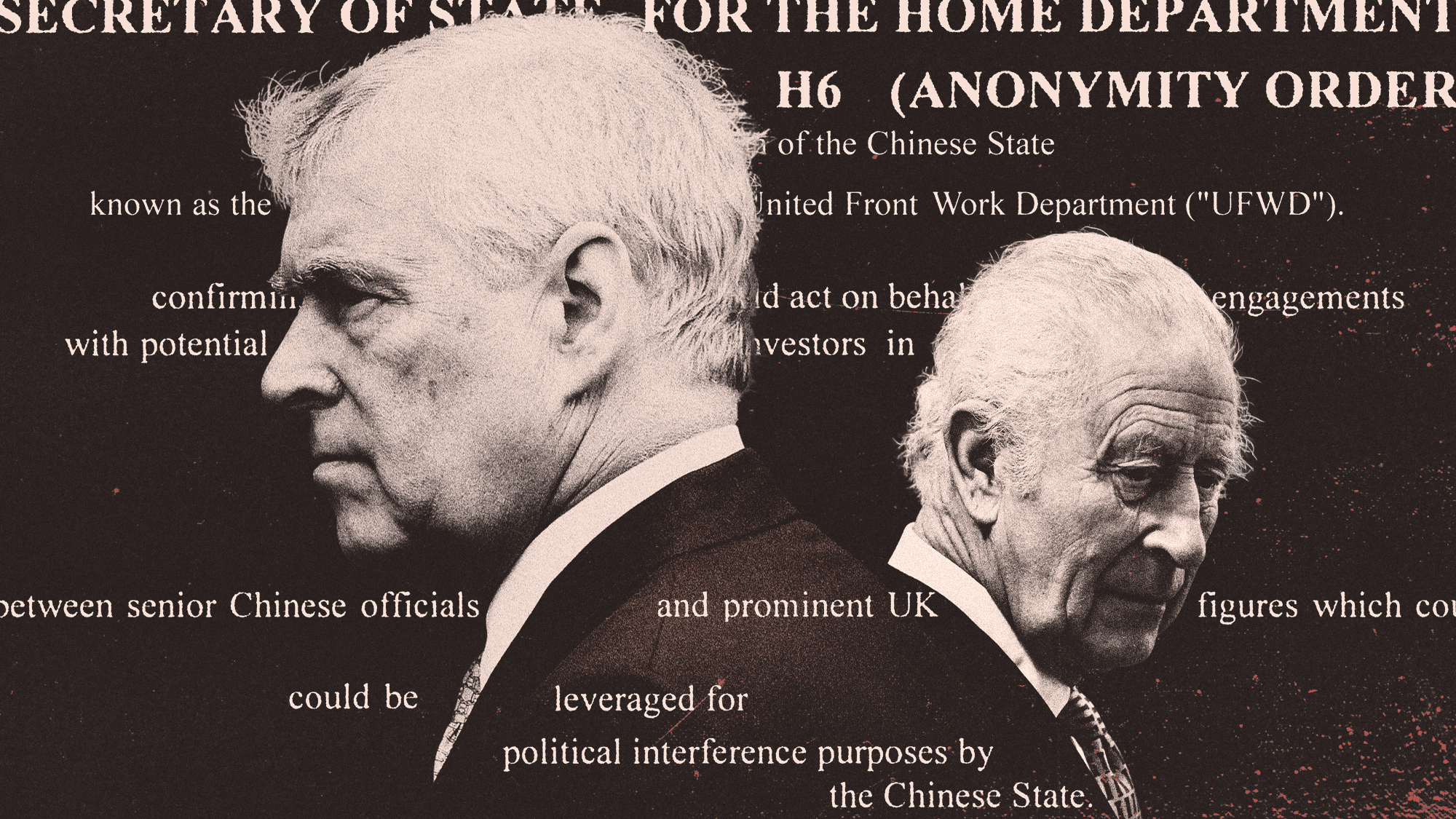
A free daily email with the biggest news stories of the day – and the best features from TheWeek.com
You are now subscribed
Your newsletter sign-up was successful
An alleged Chinese spy who reportedly sought to gain influence in the UK by becoming a close confidant of Prince Andrew was named today as Chinese businessman Yang Tengbo.
The suspected agent, previously only identified as "H6", was banned from the UK last week. Yang, also known as Chris Yang, appealed against his initial ban in March 2023, but the decision was upheld by the Special Immigration Appeals Commission. In a published ruling, the judge said that the then home secretary, Suella Braverman, was "entitled to conclude that [H6] represented a risk to the national security of the United Kingdom".
This is not the first time questions have been raised about those attempting to get access to members of the royal family. An alleged Russian spy met Prince Charles and Prince William in the late 2000s after working for MI6, the Daily Mail reported earlier this year.
The Week
Escape your echo chamber. Get the facts behind the news, plus analysis from multiple perspectives.

Sign up for The Week's Free Newsletters
From our morning news briefing to a weekly Good News Newsletter, get the best of The Week delivered directly to your inbox.
From our morning news briefing to a weekly Good News Newsletter, get the best of The Week delivered directly to your inbox.
And before he became King, Prince Charles faced scrutiny over his access to confidential cabinet papers, information that was only revealed after a three-year battle under freedom of information legislation.
What did the commentators say?
The Duke of York has long been "dogged by questions about two overlapping problems – his judgement and his finances", said the BBC. The latest revelations are a reminder "of how the royals can be targeted by those wanting to build links either for their own personal ambition or for a strategic political agenda".
Prince Andrew is no longer a working royal and "operates outside the royal fold". A letter found in Yang's possession "suggests the risks of such a position", describing the prince as "in a desperate situation and will grab onto anything".
Indeed, the letter reveals just how blind Andrew is to his own "vulnerability" from a national security perspective, said The Guardian "The alarm bells didn't ring for him," constitutional law expert Craig Prescott told the paper. "He could ultimately have been put in a very, very compromised position had MI5 not raised the alarm, ultimately."
A free daily email with the biggest news stories of the day – and the best features from TheWeek.com
The revelations that the alleged Chinese spy "was able to befriend Prince Andrew and enter Buckingham Palace, St James's Palace and Windsor Castle at his invitation is scarcely believable", said The Sunday Times in an editorial.
But the affair goes beyond the Duke of York's conduct and speaks to deeper issues with a royal family whose chief members "instinctively loathe transparency" and "supine" MPs who are all too willing to overlook "dubious associations and opaque finances".
What next?
Prince Andrew's office has said he has "ceased all contact" with Yang after receiving advice from the government, and claimed the two never discussed sensitive matters.
Yang today issued a statement in which he said he has "done nothing wrong or unlawful". He added: "The widespread description of me as a 'spy' is entirely untrue."
But the allegations are likely to cause some trouble for Keir Starmer and his bid to establish closer ties with Beijing. Labour MPs are "among those urging caution about the government's warmer approach to China", said The Guardian.
Sorcha Bradley is a writer at The Week and a regular on “The Week Unwrapped” podcast. She worked at The Week magazine for a year and a half before taking up her current role with the digital team, where she mostly covers UK current affairs and politics. Before joining The Week, Sorcha worked at slow-news start-up Tortoise Media. She has also written for Sky News, The Sunday Times, the London Evening Standard and Grazia magazine, among other publications. She has a master’s in newspaper journalism from City, University of London, where she specialised in political journalism.
-
 The ‘ravenous’ demand for Cornish minerals
The ‘ravenous’ demand for Cornish mineralsUnder the Radar Growing need for critical minerals to power tech has intensified ‘appetite’ for lithium, which could be a ‘huge boon’ for local economy
-
 Why are election experts taking Trump’s midterm threats seriously?
Why are election experts taking Trump’s midterm threats seriously?IN THE SPOTLIGHT As the president muses about polling place deployments and a centralized electoral system aimed at one-party control, lawmakers are taking this administration at its word
-
 ‘Restaurateurs have become millionaires’
‘Restaurateurs have become millionaires’Instant Opinion Opinion, comment and editorials of the day
-
 Norway’s scandal-hit royals
Norway’s scandal-hit royalsIn the Spotlight Rape trial of Marius Borg Høiby, son of the crown princess, adds to royal family's ‘already considerable woes’
-
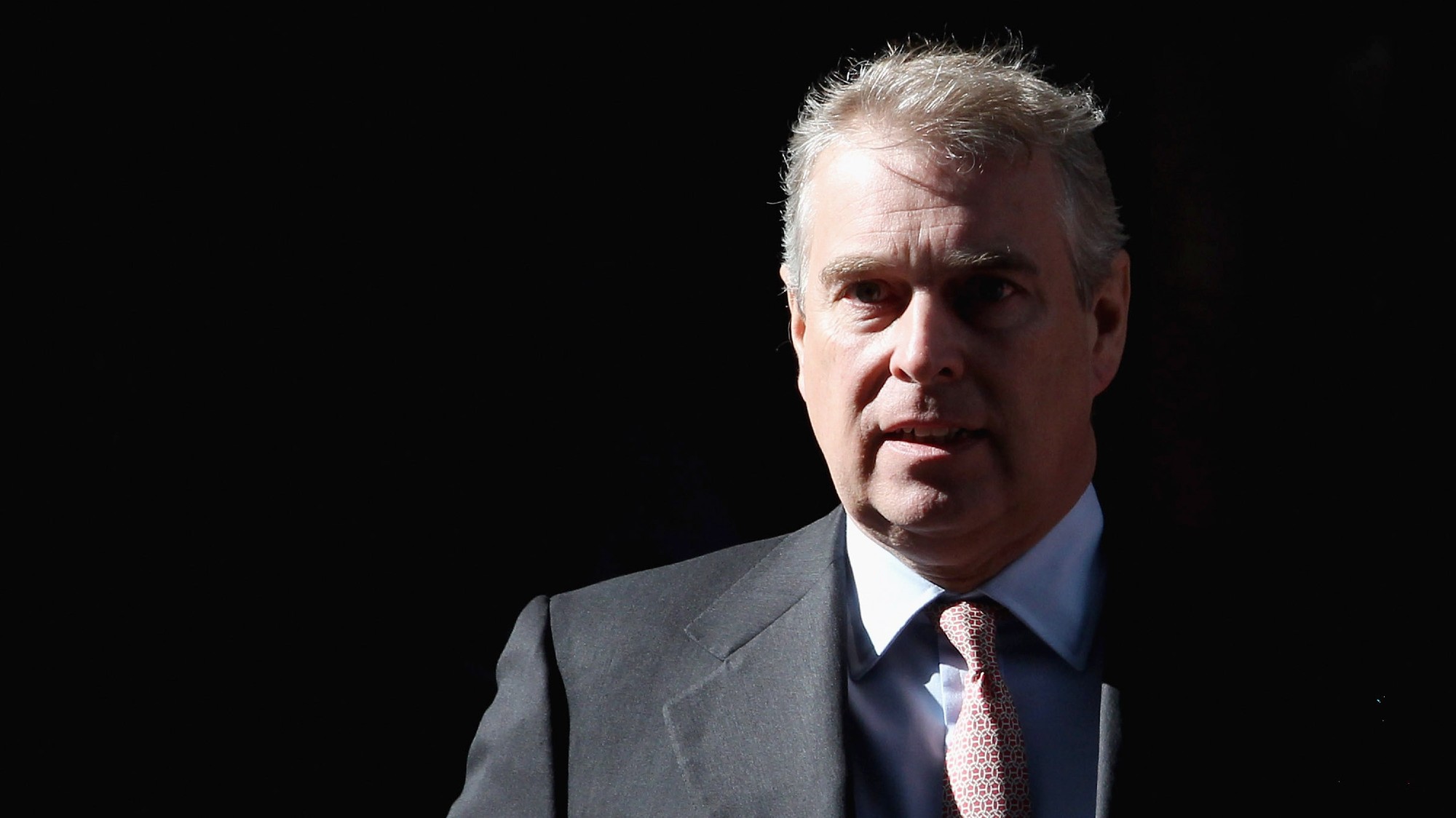 Prince Andrew: a timeline of disgraced royal’s Epstein scandal
Prince Andrew: a timeline of disgraced royal’s Epstein scandalIn Depth How the Queen’s favourite child went from Falklands War hero to public pariah
-
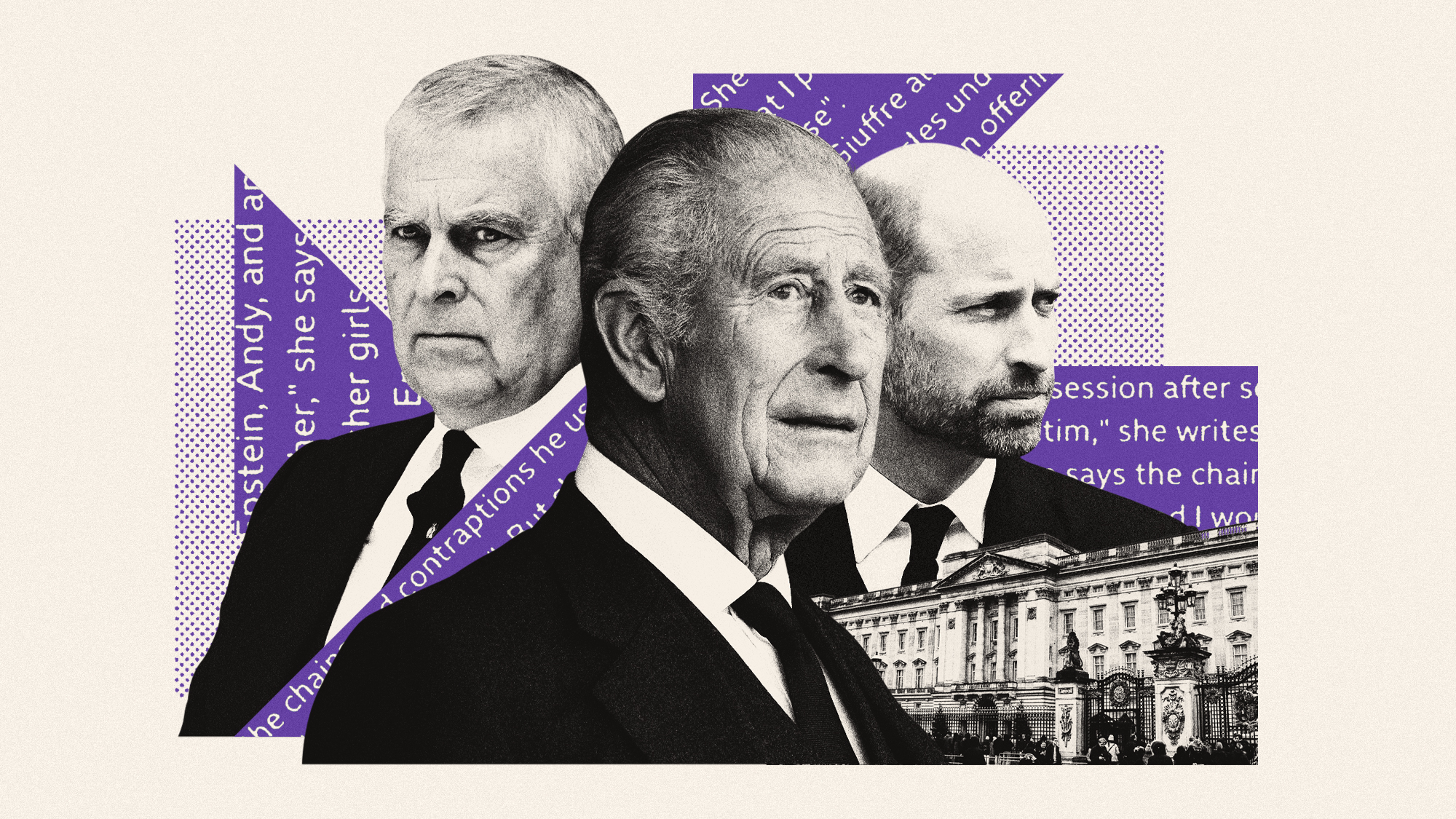 Prince Andrew: is the royal family doing enough?
Prince Andrew: is the royal family doing enough?Today’s Big Question King Charles faces calls for tougher action against Andrew after latest allegations about Virginia Giuffre and Jeffrey Epstein
-
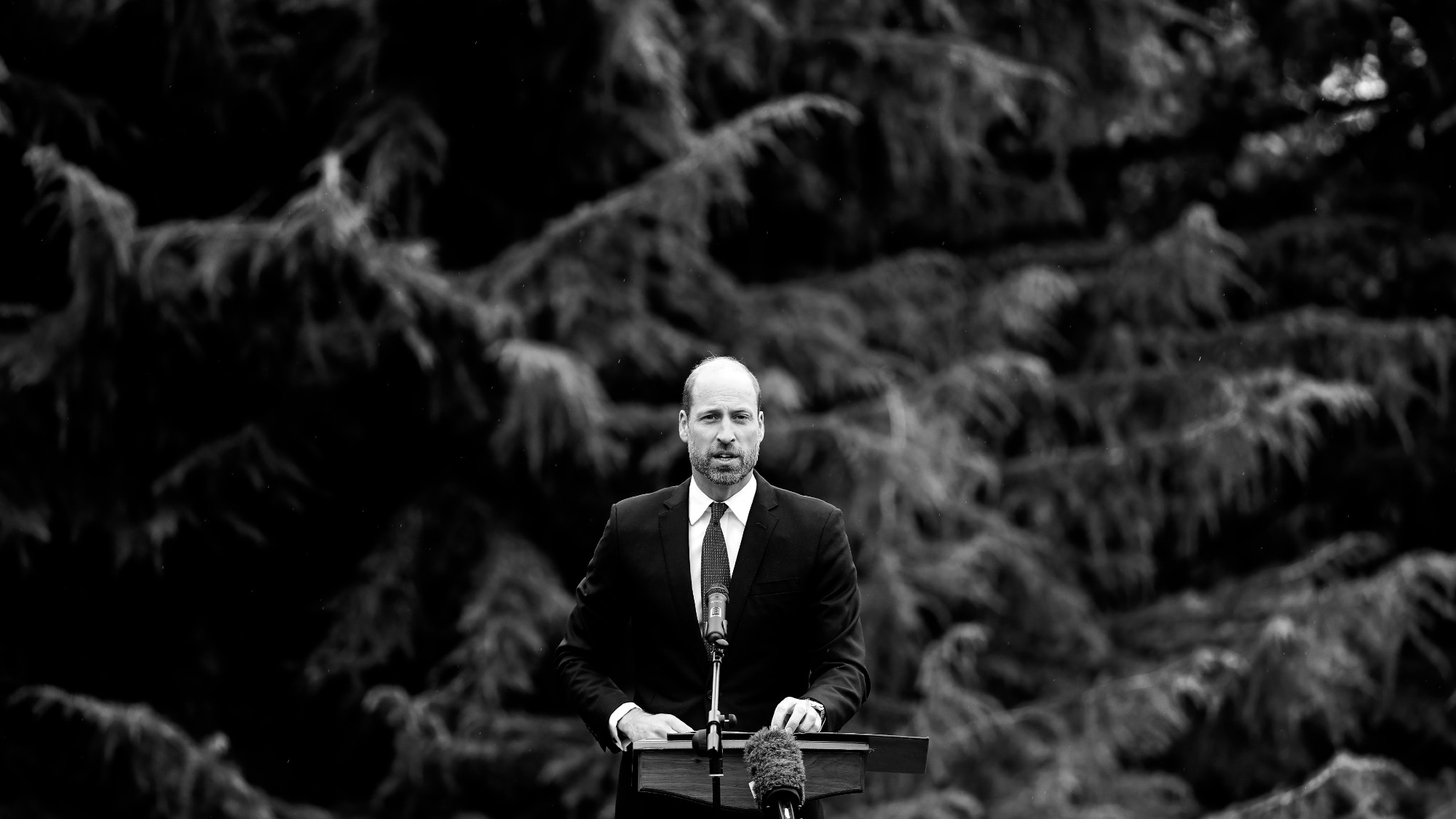 What will William be like as king?
What will William be like as king?Today's Big Question Prince of Wales said he won’t be ‘restricted’ by history when he takes the throne
-
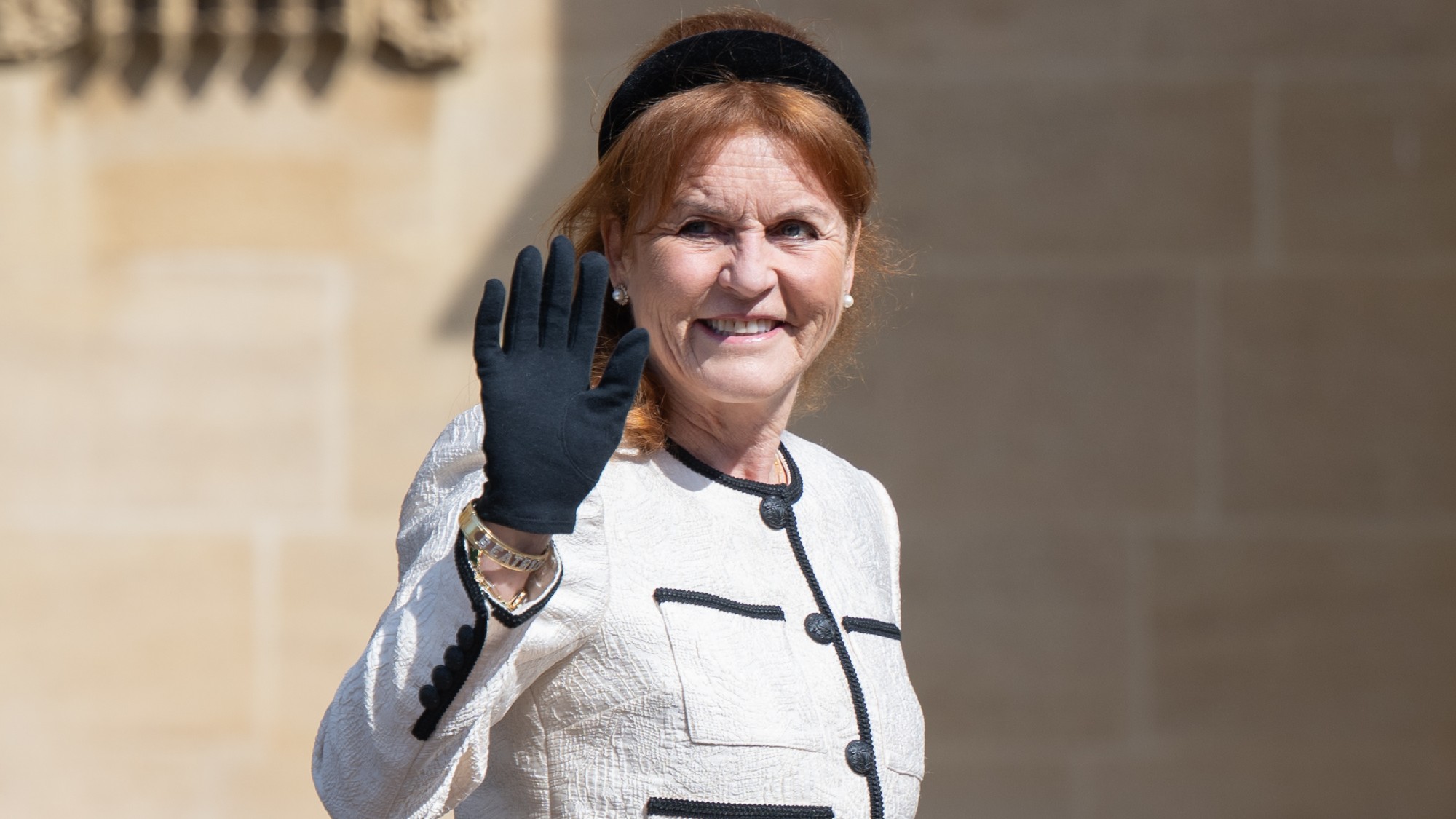 Sarah Ferguson: a reputation in tatters
Sarah Ferguson: a reputation in tattersIn the Spotlight After emails surfaced revealing ties to Jeffrey Epstein, weeks after she claimed to cut contact, her charities are running for the hills
-
 Prince charming: Harry’s tea with King sparks royal reconciliation rumours
Prince charming: Harry’s tea with King sparks royal reconciliation rumoursTalking Point Are the royals – and the UK public – ready to welcome the Duke of Sussex back in?
-
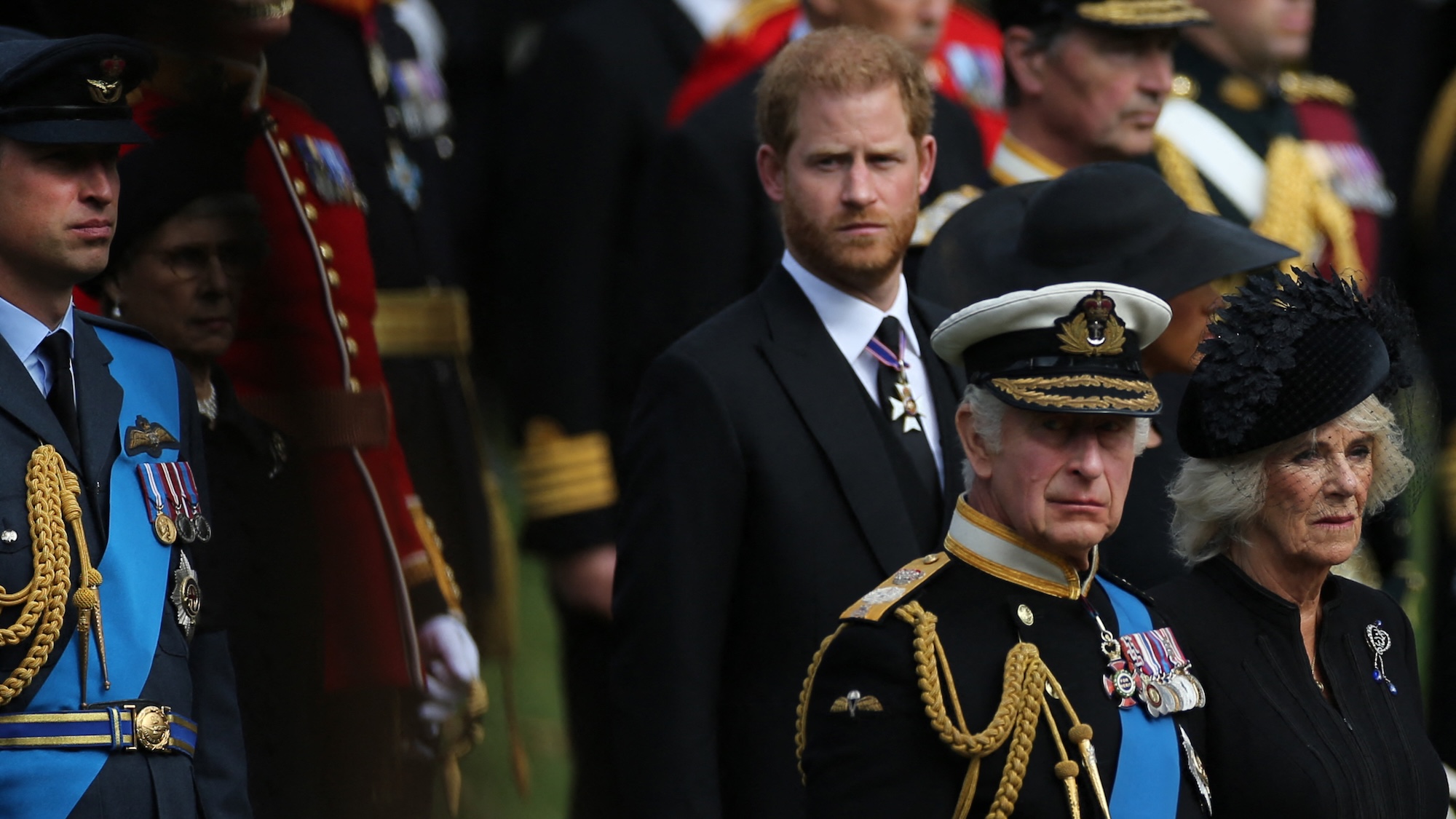 King Charles and Prince Harry: peace in our time?
King Charles and Prince Harry: peace in our time?Talking Point Leaked images of a secret meeting between royal aides suggest a dialogue is beginning to open up
-
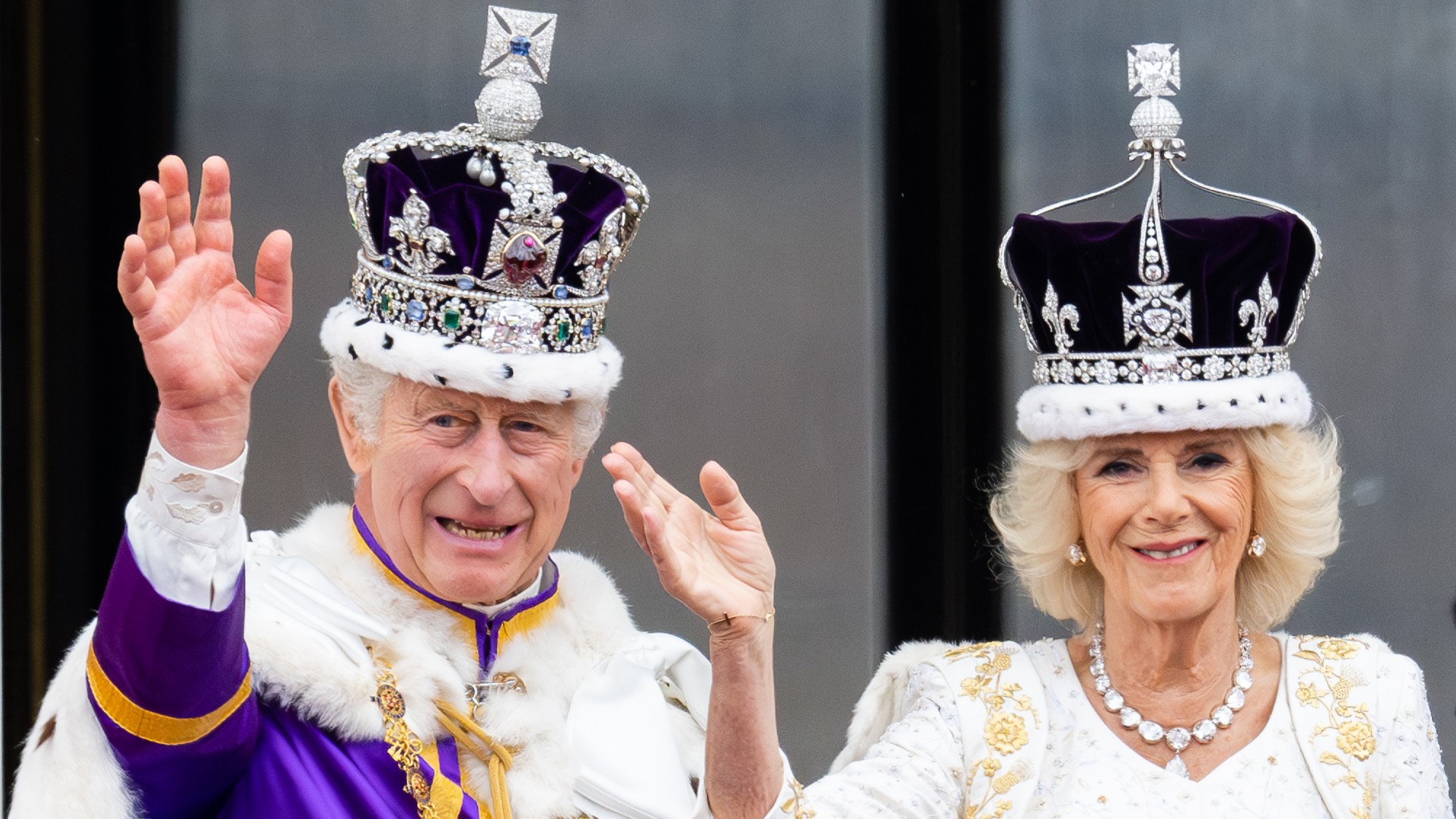 King Charles and the Sovereign Grant: how UK taxpayers fund the monarchy
King Charles and the Sovereign Grant: how UK taxpayers fund the monarchyThe Explainer Royals received £86.3m from government last year – and they are in line for a 50% increase